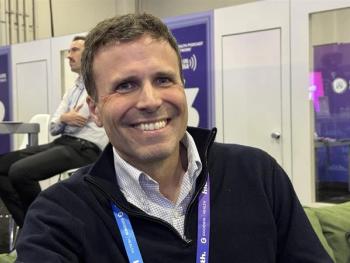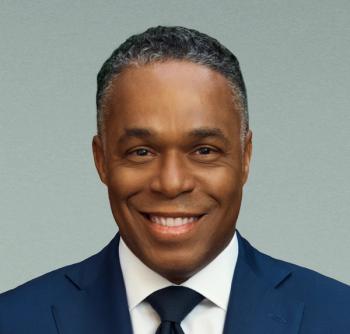
Data Book podcast: Joe Zabinski of OM1 talks about AI and ChatGPT
In the latest episode, he talks about how artificial intelligence can change the practice of medicine, its promise and some thorny ethical questions.
Artificial intelligence is being touted as having the potential to revolutionize healthcare.
Joe Zabinski says that the future may not be too far away.
“In terms of how close we are to this having widespread adoption, I think we're closer than most people realize, because so much of it goes on behind the scenes,” he says.
Zabinski, the senior director of AI and personalized medicine at OM1, is the guest on the latest episode of the Data Book podcast.
He sees AI as having great promise in helping diagnose conditions and identify patients who are in the greatest need of screenings for certain areas.
“That's a very promising area for AI to help out with diagnosis,” he says.
Zabinski talked about the ways AI can change healthcare, and how artificial intelligence could be used to improve health equity, or potentially worsen disparities if it’s used incorrectly. He also talked about the potential of ChatGPT to change the industry, and could eventually help physicians and researchers.
He also talked about the need for more health systems to move toward automation to handle some administrative tasks, especially in light of staffing shortages.






































